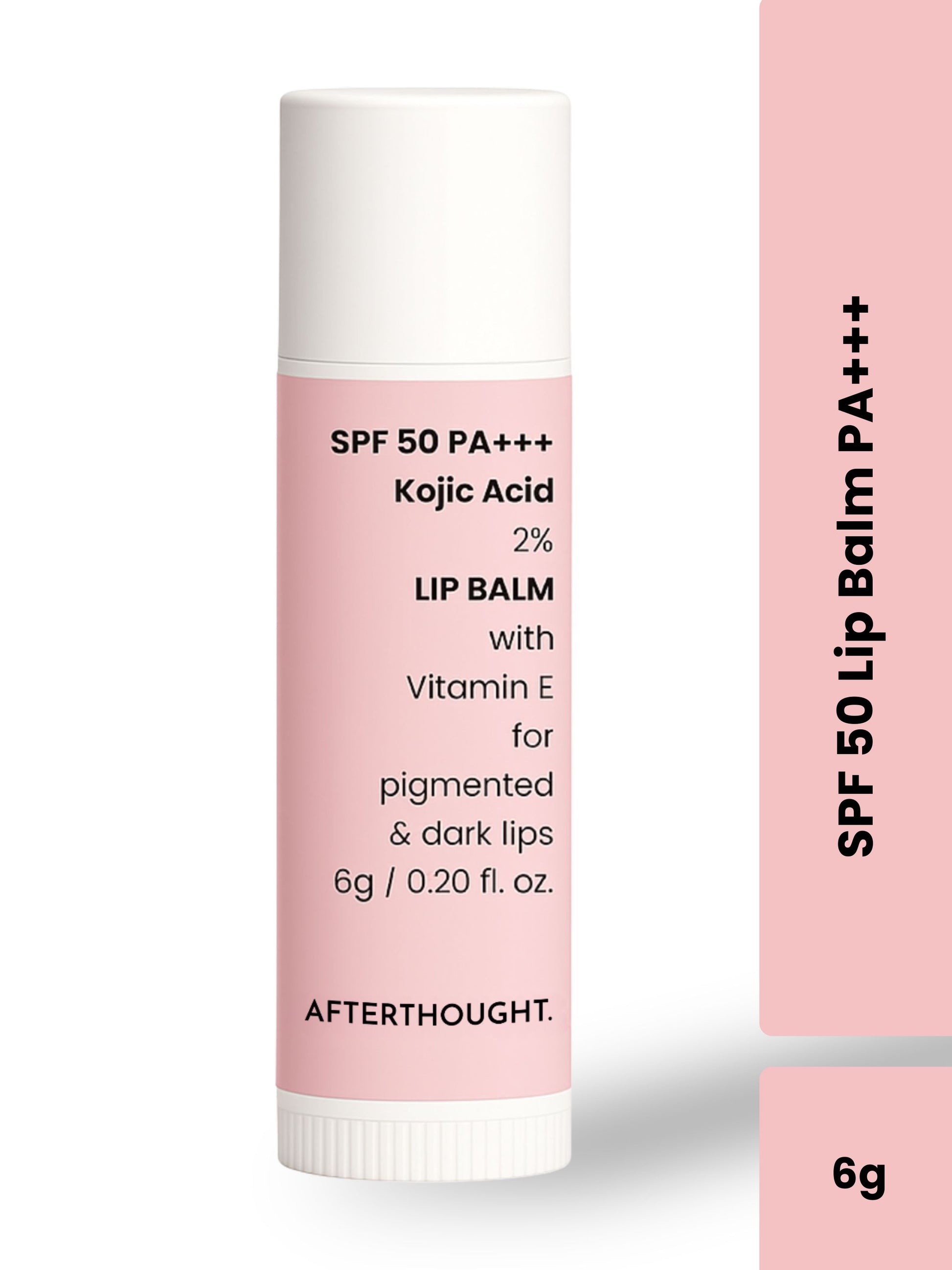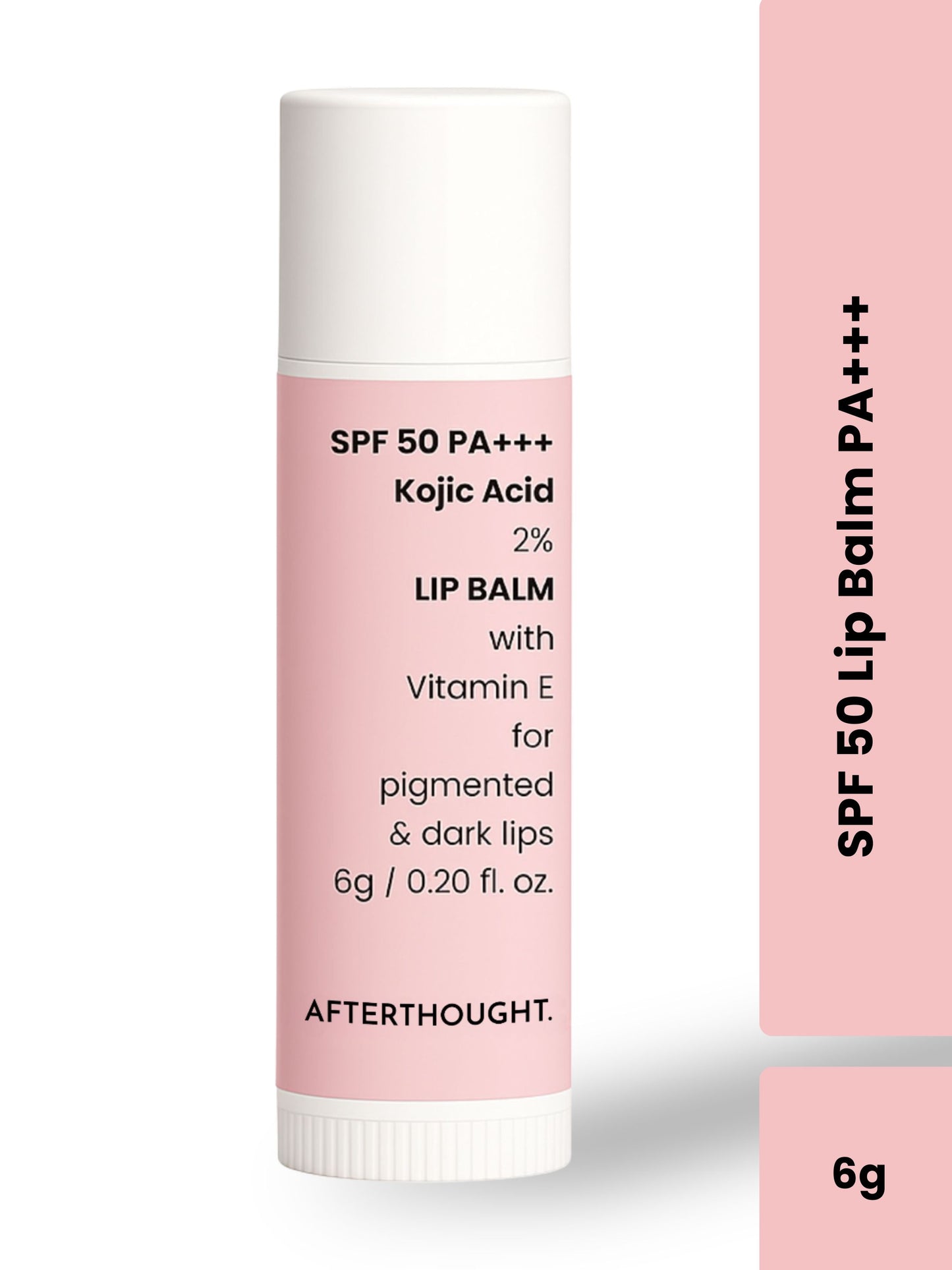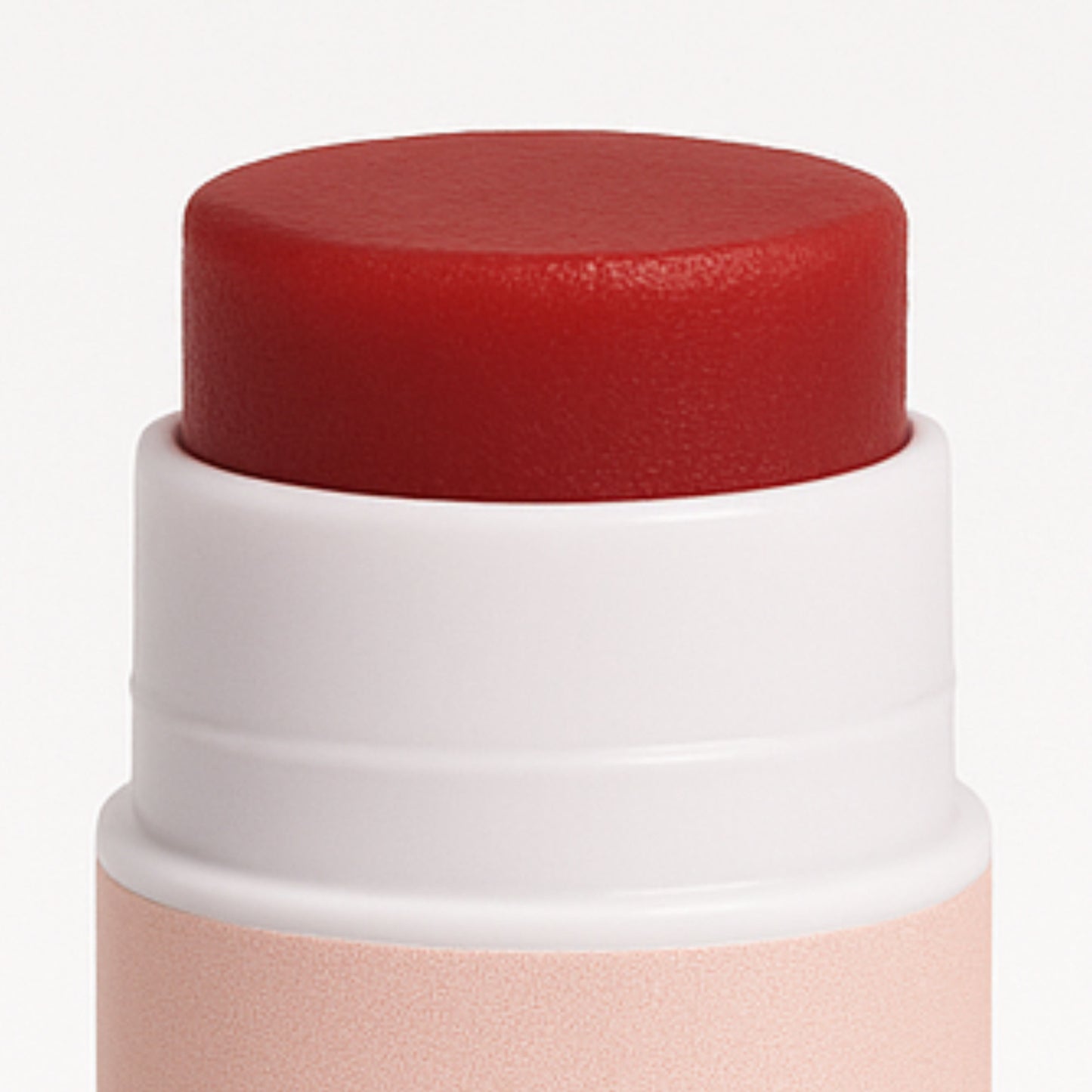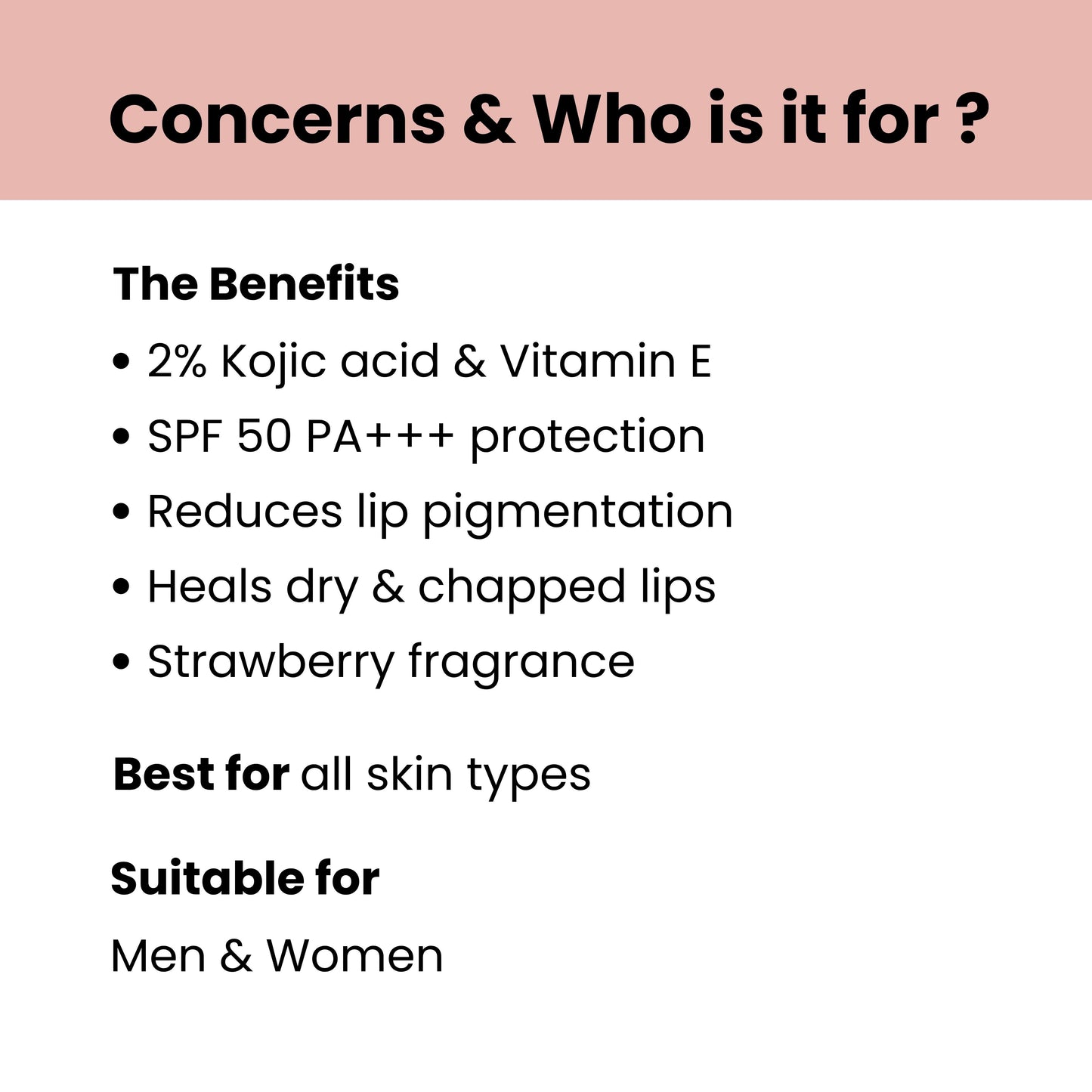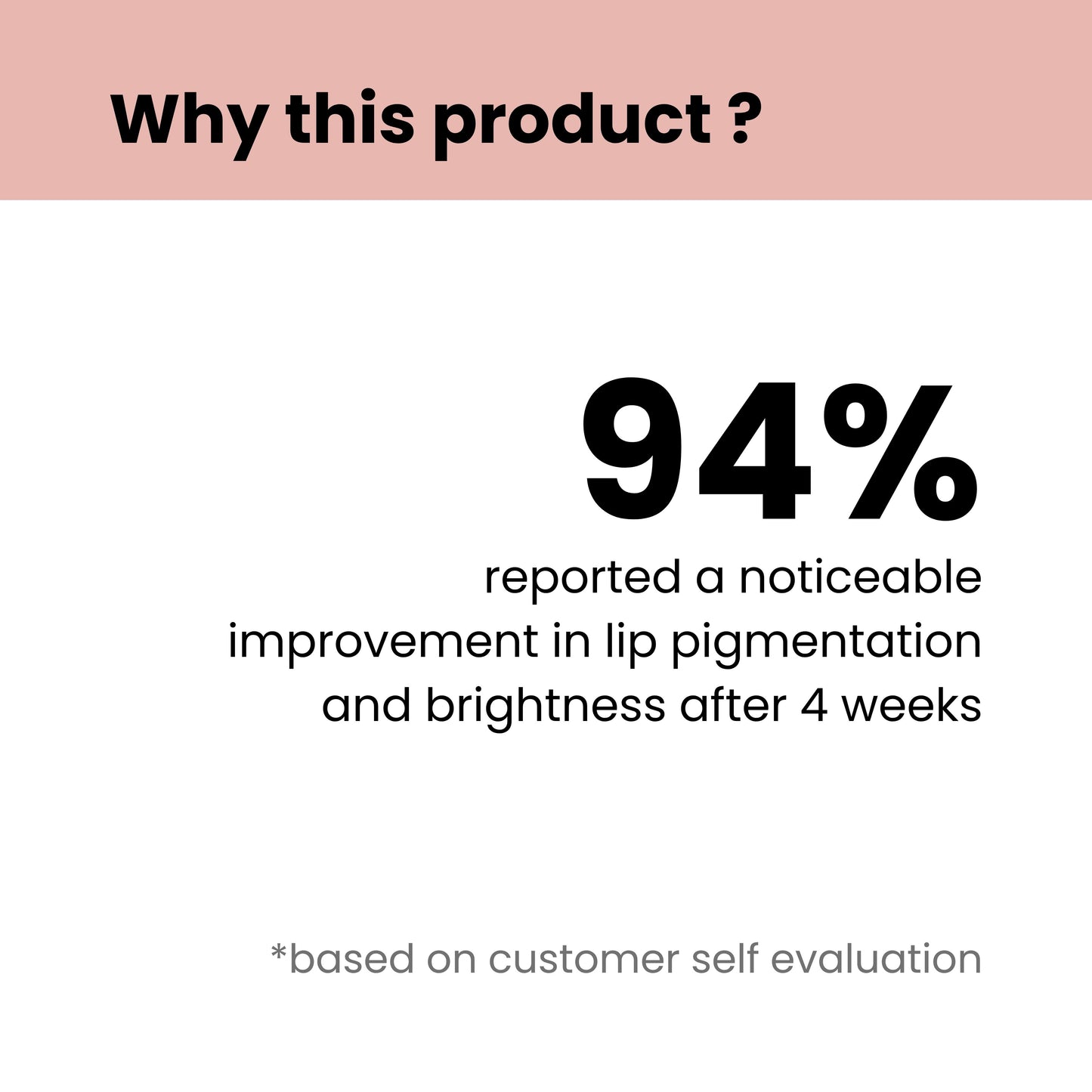How To Treat Dark Skin After Swimming?
Swimming is a fantastic way to stay fit, relieve stress, and have fun. However, for people with darker skin tones, regular exposure to chlorine, salt water, or harsh pool chemicals can lead to dryness, irritation, and an uneven skin tone.
Proper post-swimming skincare is crucial to maintaining your skin's health and vibrancy. In this article, we’ll explore the steps and tips you can follow to care for dark skin after swimming, ensuring it remains healthy, hydrated, and radiant.
1. Rinse Off Immediately
After swimming, the first step is to rinse off with fresh water as soon as possible. Chlorine and salt water can stick to your skin, causing dryness, irritation, and even long-term damage if left untreated. A quick rinse helps remove these substances from your skin, reducing the likelihood of irritation and leaving it feeling fresh. If you can, use lukewarm water—extremely hot or cold water can exacerbate dryness.
2. Cleanse Gently
Once you've rinsed off, follow up with a gentle cleanser. Opt for a product that is sulfate-free and designed for sensitive or dry skin. This will help remove any remaining pool chemicals or sea salt without stripping your skin of its natural oils.
For those with dark skin, it's essential to avoid harsh cleansers, as they can disrupt the skin’s protective barrier, leading to further dryness or hyperpigmentation. Look for ingredients that cleanse while soothing, such as aloe vera, glycerin, or chamomile.
3. Exfoliate Regularly
Swimming in chlorinated or salty water can make your skin feel rough or flaky. Exfoliation helps to remove dead skin cells, allowing newer, healthier skin to emerge. This is particularly important for dark skin, as dead skin cells and dryness can lead to a dull complexion.
However, you don’t want to overdo it. Exfoliating once or twice a week is enough. Gentle exfoliators with natural ingredients, like sugar or oatmeal, work well. Avoid aggressive exfoliants, as these can irritate dark skin and potentially cause hyperpigmentation.
4. Hydrate and Moisturize
Swimming often strips moisture from the skin, so hydrating it is essential. After cleansing, apply a hydrating product like a facial serum or essence that contains hyaluronic acid, which helps lock in moisture.
Once your skin is hydrated, seal it with a rich moisturizer. For dark skin, opt for moisturizers with shea butter, cocoa butter, or oils like jojoba or coconut oil. These ingredients not only moisturize but also help to strengthen the skin’s natural barrier, preventing water loss and maintaining a smooth, even tone.
5. Address Hyperpigmentation
Dark skin is more prone to hyperpigmentation, especially if the skin barrier has been compromised by exposure to chlorine or salt water. If you notice dark spots or patches, consider using products with ingredients like niacinamide, vitamin C, or licorice root extract. These ingredients can help brighten the skin and even out skin tone.
Be cautious with stronger treatments like retinol or acid-based products. While they can be effective for treating hyperpigmentation, they may also increase skin sensitivity, especially if used incorrectly.
6. Stay Protected with Sunscreen
One of the most important steps for maintaining healthy skin post-swim is applying sunscreen. Even if you're swimming indoors or during cloudy weather, UV rays can still penetrate and cause damage. Dark skin has a natural SPF of about 13, but this is not enough to protect against prolonged sun exposure.
Choose a broad-spectrum sunscreen with at least SPF 30, and look for a formula that is non-comedogenic and won’t leave a white cast. Reapply every two hours if you're outdoors, and immediately after swimming or excessive sweating.
7. Replenish From Within
Hydration doesn’t just come from the products you apply externally. Make sure you're drinking plenty of water throughout the day, especially after swimming. Water helps flush toxins from your body and keeps your skin hydrated from the inside out.
You can also boost your skin’s health by consuming foods rich in antioxidants, such as berries, leafy greens, and nuts. Antioxidants help combat free radicals, which can be generated by sun exposure and pool chemicals, and may lead to premature aging and hyperpigmentation.
8. Soothe with Natural Remedies
If your skin feels irritated or inflamed after swimming, there are natural remedies that can provide relief. Applying aloe vera gel can help soothe irritation and promote healing, while oatmeal baths can calm dry, itchy skin.
For those dealing with hyperpigmentation or dryness, raw honey or yogurt masks can offer both moisturizing and brightening benefits. Simply apply these ingredients to clean skin, leave them on for 10-15 minutes, and rinse with lukewarm water.
9. Repair Your Skin Overnight
Your skin goes through its repair process while you sleep, so nighttime skincare is vital. After your post-swimming routine, make sure to apply a richer moisturizer or treatment cream to nourish your skin while you rest. Look for ingredients like ceramides, peptides, or natural oils, which can help restore and repair your skin’s barrier.
If you're targeting hyperpigmentation, using a treatment serum with niacinamide or a gentle retinoid can work wonders overnight.
10. Consistency Is Key
The effects of chlorine, salt water, and the sun can add up over time, so it's important to maintain a consistent skincare routine, especially if you're swimming frequently. Stick to a regimen that works for your skin type and needs, and make adjustments as necessary to keep your skin looking and feeling its best.
Final Thoughts
Swimming is a great way to stay active, but for those with dark skin, it can pose unique challenges.
By following a tailored post-swimming skincare routine that includes gentle cleansing, hydration, protection, and repair, you can keep your skin healthy, glowing, and resilient against the elements.
Be mindful of how your skin reacts to different environments and products, and don’t be afraid to switch up your routine if needed. With the right care, your skin can thrive both in and out of the water.
Also Read: Which Colour Lipstick Suits Dark Skin?


